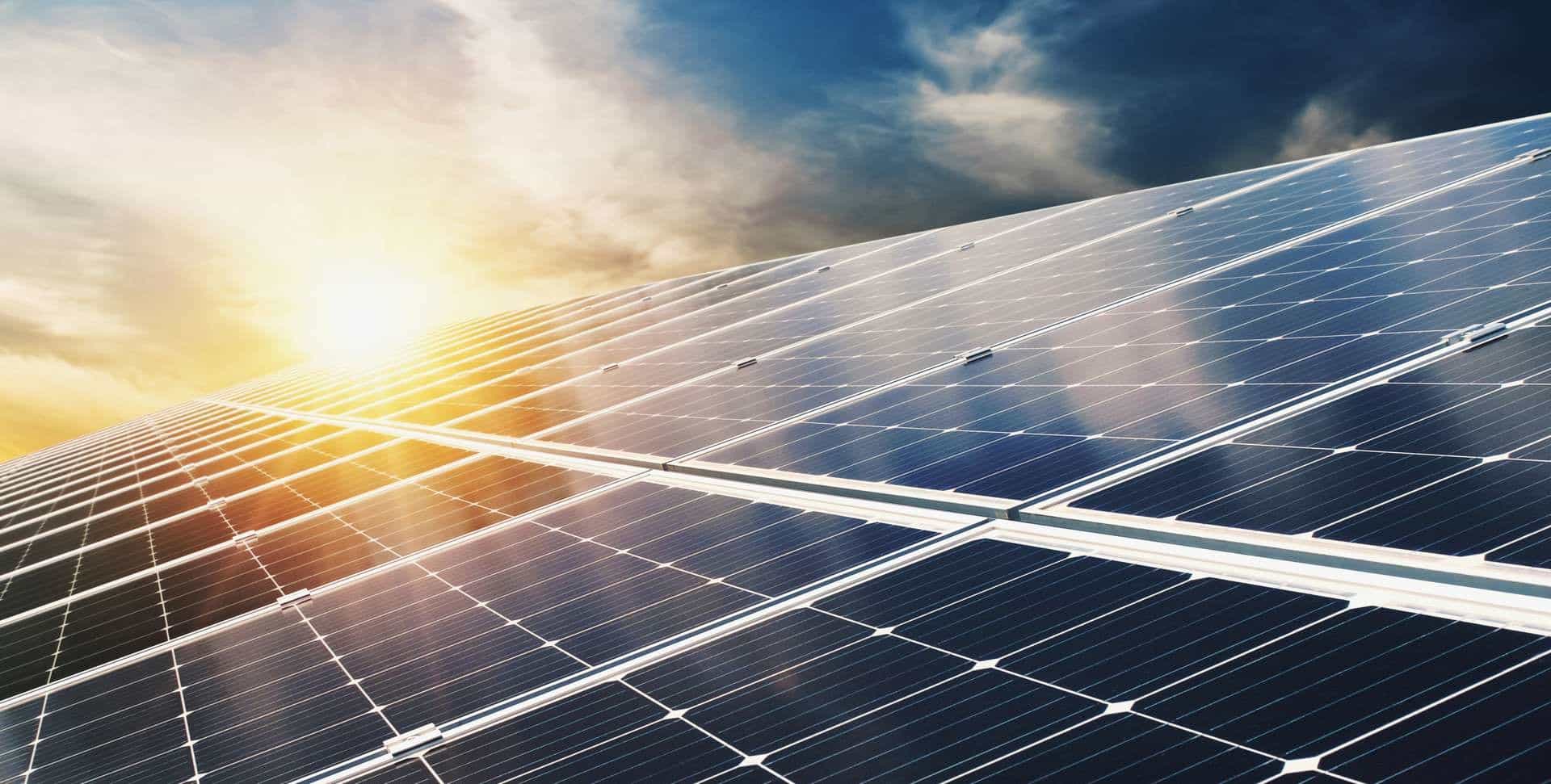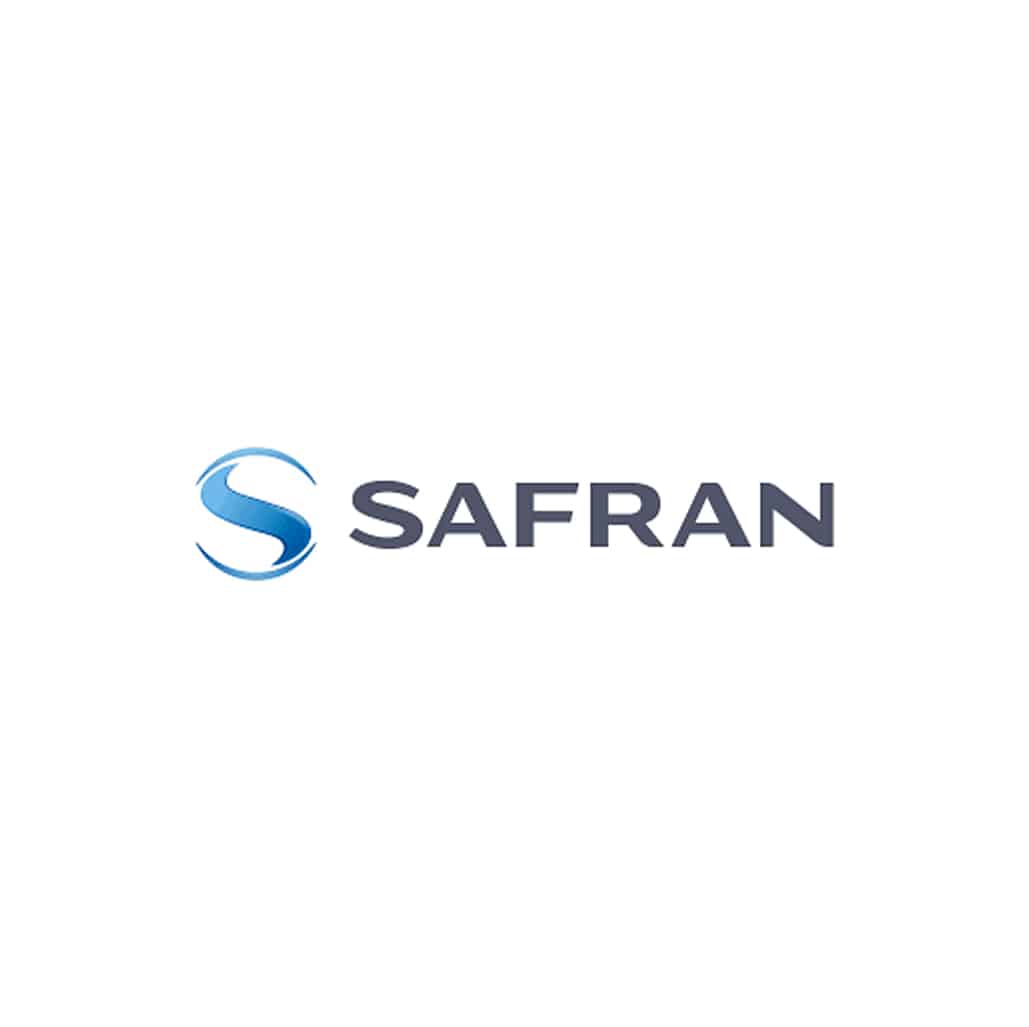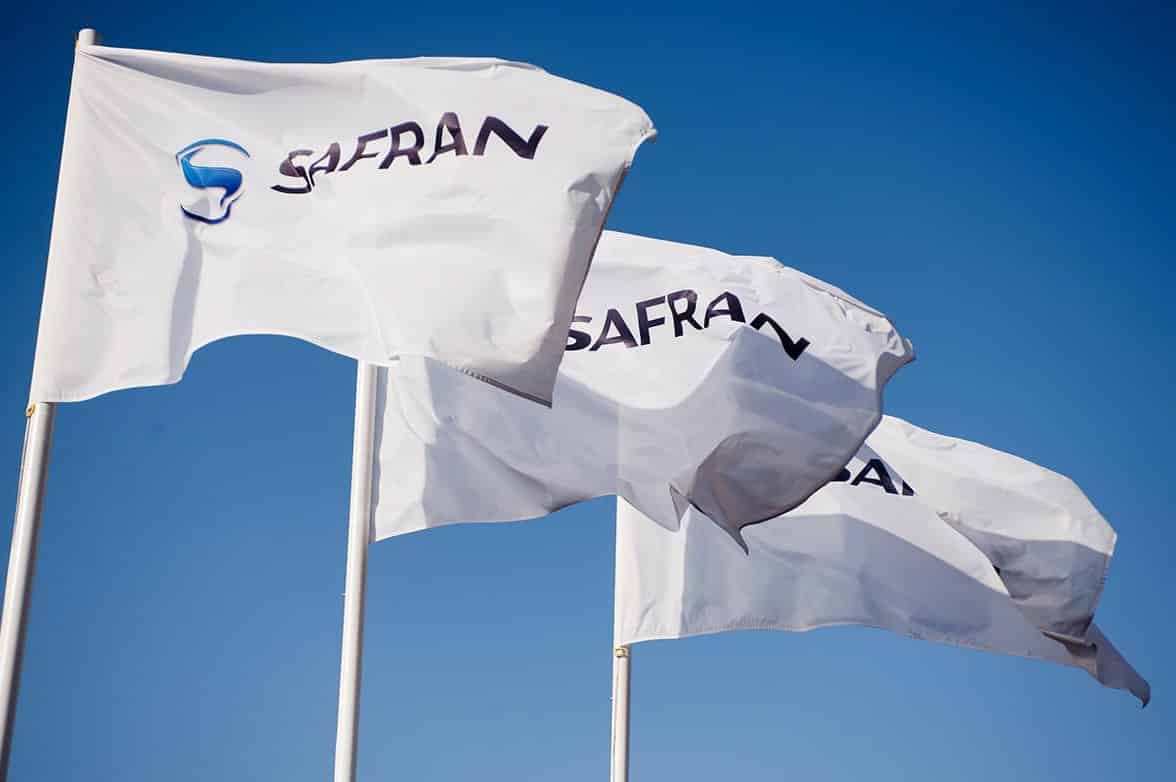A part of Safran’s industrial activity consists of manufacturing aircraft and helicopter engines. To ensure that the engines are reliable and to guarantee passenger safety, they go through a number of test phases: in addition to tests for development or certification activities, all of the engines manufactured by Safran are tested as they come off the production line. In 2019, the Group used for this purpose 18 million liters of kerosene, around 80% of which was used on three sites: Villaroche (Safran Aircraft Engines), Bordes and Tarnos (Safran Helicopter Engines). This represents around 14,000 tons of kerosene, namely,
45,500 tons of CO2 and around 2% of the air traffic emissions of mainland France.
The project in question consists of incorporating a share of sustainable fuel into the fuel used for the engine tests. Like all engines that are in service, the engines currently manufactured by Safran can be used with a blend of sustainable fuel (50%) and kerosene (50%). However, this sustainable fuel is hardly used by today’s air transport industry primarily for economic reasons and due to the absence of an incentive-based regulatory framework.
Advanced biofuels constitute the only sector currently available. Consequently, Safran has retained, at this stage, biofuels made from used oil, which represent a greenhouse-gas saving of around 80% compared to an equivalent fossil fuel. Other industries that offer even greater greenhouse gas reductions, such as synthetic fuel, will develop in the future.
Safran decided that sustainable fuel would make up 10% of the fuel used in its engine tests before the end of 2021, and at least 35% by 2025.
